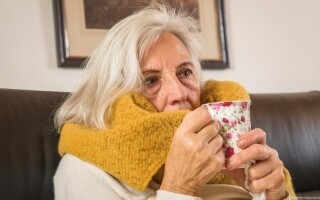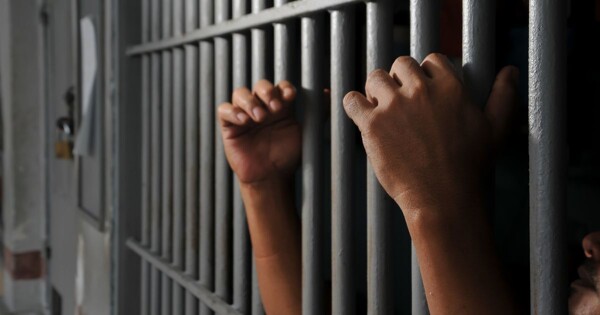
Doctor Iliz Dallas has revealed the possible reasons why people feel colder as they age and offered some solutions to stay warm during the winter. It is known that a slower metabolism contributes to feeling colder with age. Dallas explained that metabolism slows down with age due to a decrease in muscle mass and hormonal changes. Additionally, thyroid function declines, which reduces the metabolic rate and heat production, according to the 'Independent'. Dallas also added that changes in the adrenal glands affect hormones and cortisol levels, which impacts the body's energy balance and temperature regulation. People lose a significant amount of muscle and fat with age, which weakens the body's ability to retain heat. Dallas explained that 'muscle mass decreases, reducing heat production, and subcutaneous fat decreases, weakening insulation. Fat also shifts from the extremities to central body areas, affecting their warmth'. Dallas noted that aging makes blood vessels stiffer and less responsive to vasodilation, and blood circulation in the extremities slows down, which hinders heat transfer and weakens blood flow regulation through the autonomic nervous system. Chronic diseases, such as hypothyroidism, anemia, and diabetes, increase sensitivity to cold in the elderly and affect the body's ability to produce and distribute heat. The doctor explained that hypothyroidism reduces baseline heat production, while anemia affects oxygen delivery to tissues. She added that diabetes can cause peripheral neuropathy and blood vessel damage, impairing the sensation of cold. Heart failure also impedes blood flow to the skin and extremities. Dallas advised wearing heavy clothing, hats, gloves, and socks. She recommends setting the home temperature to at least 20 degrees Celsius, using electric blankets or hot water bottles, and ensuring windows and doors are closed. It is also important to regularly eat warm meals, drink enough water, and stay physically active indoors to stimulate circulation.














